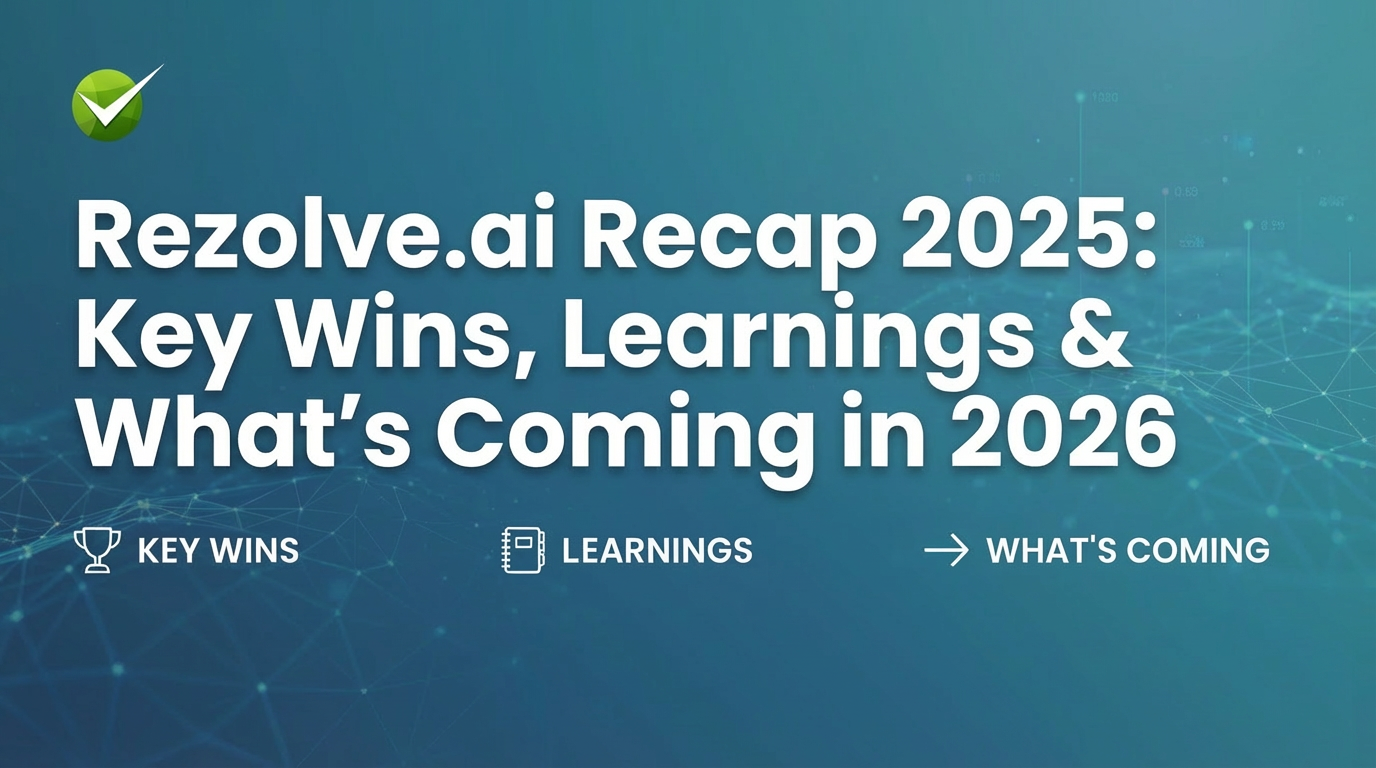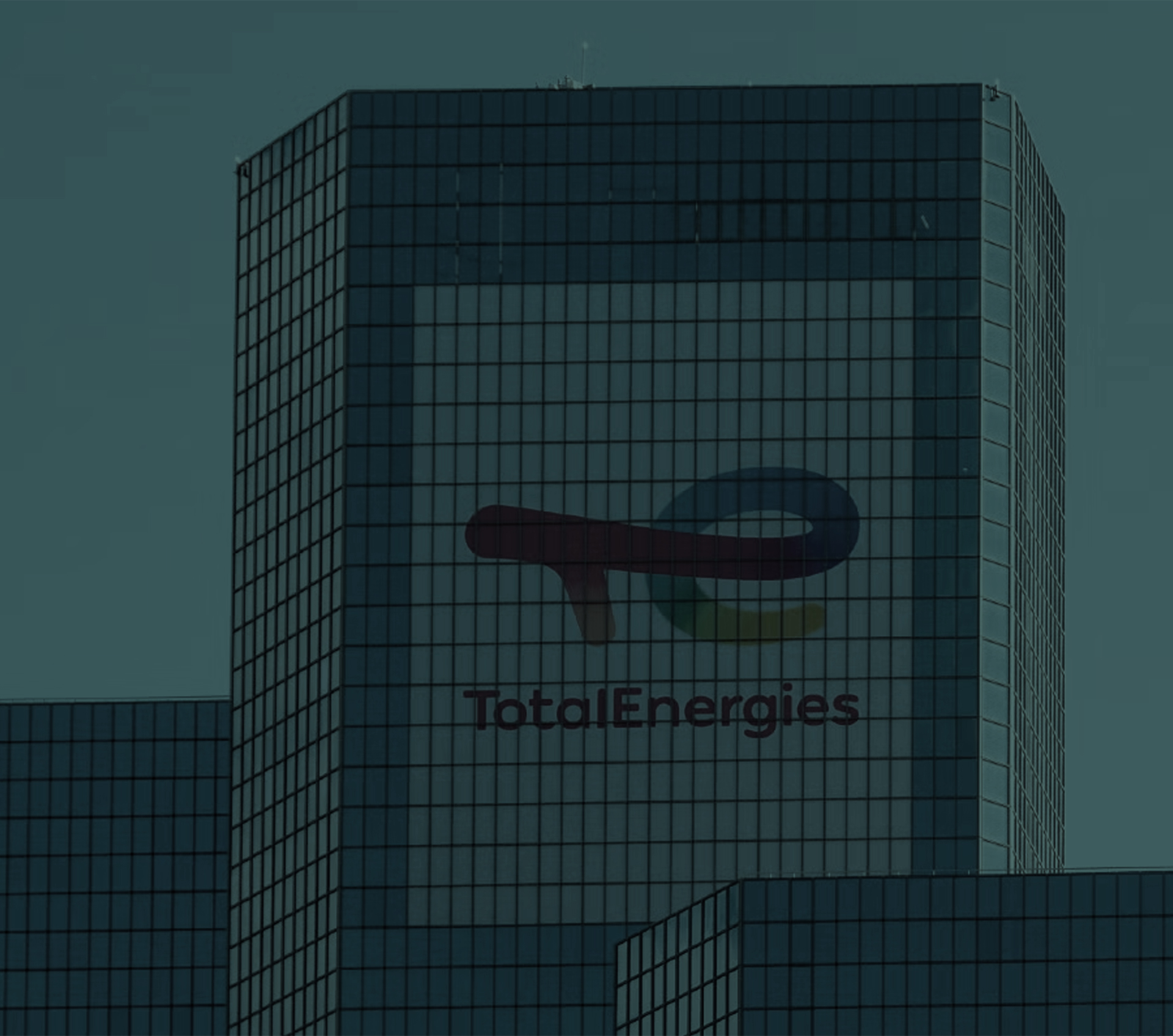The landscape of the modern workplace has transformed dramatically over the past few years. As organizations adapt to a hybrid work model, the demand for efficient, responsive, and integrated support systems has surged. The employee help desk, once viewed as a mere support function, has evolved into a critical element of enterprise operations. It is no longer just about resolving IT issues; it has become the linchpin in ensuring employee productivity, satisfaction, and overall business continuity.
The evolution of the employee help desk
The employee help desk has come a long way from its origins as a basic IT support function. Initially, it was a reactive service, mainly dealing with technical issues reported by employees. However, as technology advanced and the workforce became more digitally savvy, the role of the help desk expanded.
Today, a modern employee help desk serves as a multifaceted support system that handles a wide range of issues, from IT and HR queries to complex service requests. This evolution has been driven by the growing complexity of IT environments, the increased reliance on digital tools, and the need for a seamless employee experience.
Why a modern employee help desk is essential?
A modern employee help desk is not just about resolving issues; it's about enhancing the overall employee experience. Here are some key reasons why a modern help desk is essential:
- Employee Productivity: A modern help desk ensures that employees can quickly resolve issues, minimizing downtime and enabling them to focus on their core tasks. This is particularly crucial in a remote or hybrid work environment, where employees may not have immediate access to on-site IT support.
- Enhanced Employee Experience: Today's workforce expects seamless, on-demand support. A modern help desk provides personalized, context-aware assistance, contributing to higher employee satisfaction and engagement.
- Proactive Support: Modern help desks leverage AI and machine learning to anticipate issues before they escalate. This proactive approach reduces the number of support tickets and improves the overall efficiency of the support team.
- Centralized Support for Multiple Functions: Unlike traditional help desks that primarily focused on IT, modern employee help desks integrate support across various functions, including HR, facilities management, and more. This holistic approach ensures that employees receive consistent and efficient support, regardless of their issue.
Key features of a modern employee help desk
To truly be effective, a modern employee help desk must incorporate several key features:
- AI-Powered Automation: Automation is at the heart of modern help desks. AI-powered chatbots can handle routine queries, freeing up human agents to focus on more complex issues. This not only speeds up response times but also improves the overall efficiency of the help desk.
- Self-Service Portals: Employees today prefer self-service options. Modern help desks offer intuitive self-service portals where employees can find answers to common queries, access knowledge bases, and even resolve issues without needing to contact support.
- Integration with Collaboration Tools: With the rise of remote work, integration with collaboration tools like Microsoft Teams and Slack has become essential. A modern help desk should seamlessly integrate with these platforms, allowing employees to raise tickets, chat with support agents, or access self-service resources directly within their preferred collaboration tool.
- Analytics and Reporting: Data-driven decision-making is key to optimizing help desk performance. Modern help desks provide detailed analytics and reporting capabilities, allowing organizations to track metrics such as ticket volume, resolution times, and employee satisfaction. This data can be used to identify trends, improve processes, and enhance the overall effectiveness of the help desk.
- Omnichannel Support: Employees expect support to be available across multiple channels, whether it's through email, chat, phone, or social media. A modern help desk offers omnichannel support, ensuring that employees can reach out in the way that is most convenient for them.
The role of AI and automation in employee help desks
AI and automation have revolutionized the way employee help desks operate. From intelligent chatbots to automated workflows, these technologies are transforming how support is delivered. Here’s how:
- Automated Ticket Routing: AI can automatically categorize and route tickets to the appropriate support agent based on the nature of the request, ensuring that issues are handled by the most qualified personnel.
- Intelligent Chatbots: Modern help desks use AI-driven chatbots to handle routine queries, provide instant responses, and even guide employees through troubleshooting steps. These chatbots learn from interactions and improve over time, offering increasingly accurate and helpful responses.
- Predictive Analytics: AI-powered help desks can analyze historical data to predict potential issues and proactively address them before they become problems. For example, if an employee's laptop has a history of certain types of issues, the help desk can proactively offer solutions or recommend maintenance.
- Automated Workflows: Automation streamlines repetitive tasks, such as password resets or software installations, reducing the workload on human agents and speeding up response times. This allows the help desk to operate more efficiently and focus on more complex issues.
The importance of integrating help desks with collaboration tools
In today's hybrid work environment, the integration of help desks with collaboration tools is not just a convenience—it's a necessity. Employees are increasingly using platforms like Microsoft Teams and Slack to communicate and collaborate, and they expect to access help desk services without leaving these environments.
By integrating the help desk with these tools, organizations can offer a seamless support experience. Employees can raise tickets, check the status of their requests, and even interact with support agents directly within their collaboration platform. This not only improves efficiency but also ensures that support is available wherever employees are working.
Measuring the success of your employee help desk
To ensure that your employee help desk is delivering value, it’s important to measure its performance. Key performance indicators (KPIs) for help desks include:
- Ticket Resolution Time: The average time it takes to resolve a ticket is a critical metric. A lower resolution time indicates a more efficient help desk.
- Employee Satisfaction: Surveys and feedback can provide insights into how satisfied employees are with the support they receive. High satisfaction scores are a sign that the help desk is meeting employee needs.
- Ticket Volume and Trends: Analyzing ticket volume and identifying trends can help organizations understand common issues and take proactive measures to prevent them.
- First Contact Resolution Rate: The percentage of issues resolved on the first contact is another important metric. A high first contact resolution rate indicates that the help desk is effectively addressing issues without the need for escalation.
- Self-Service Usage: Tracking the usage of self-service portals can provide insights into how effective these resources are and whether employees are able to find the information they need without contacting support.
Best practices for optimizing your employee help desk
To ensure that your employee help desk is operating at its best, consider implementing the following best practices:
1. Prioritize Employee Experience
Your help desk should be focused on providing a positive experience for employees. This means offering quick and effective support, communicating clearly, and ensuring that employees feel heard and valued.
2. Leverage Automation
Automate as many routine tasks as possible to free up your IT staff to focus on more complex issues. This includes automating ticket creation, incident routing, and common queries.
3. Continuously Update Your Knowledge Base
A comprehensive knowledge base is essential for enabling self-service. Ensure that your knowledge base is regularly updated with new information, including FAQs, troubleshooting guides, and how-to videos.
4. Monitor and Measure Performance
Regularly track key performance indicators (KPIs), such as ticket resolution times, employee satisfaction, and first-contact resolution rates. Use this data to identify areas for improvement and make data-driven decisions.
5. Provide Ongoing Training
Ensure that your help desk staff are continuously trained on new technologies, processes, and best practices. This not only improves their performance but also ensures that they can provide the best possible support to employees.
The future of employee help desks
As technology continues to evolve, so too will the capabilities of employee help desks. Here are some trends to watch for in the coming years:
- Increased Use of AI: AI will continue to play a larger role in help desk operations, with more advanced chatbots, predictive analytics, and automated workflows becoming standard features.
- Expansion Beyond IT: While the help desk has traditionally focused on IT support, we can expect to see it expand into other areas of the business, such as HR, facilities management, and finance. This will create a more holistic support system that addresses a wider range of employee needs.
- Enhanced Personalization: Future help desks will offer more personalized support, leveraging data to tailor responses and recommendations based on individual employee preferences and history.
- Proactive Support: The help desk of the future will be increasingly proactive, identifying and resolving issues before employees even realize there’s a problem. This will lead to a more seamless and efficient support experience.
- Greater Integration with AI-Powered Platforms: As AI platforms become more sophisticated, we’ll see help desks integrate more deeply with these technologies, providing even more advanced support capabilities.
How Rezolve.ai revolutionizes the employee help desk
At Rezolve.ai, we understand the challenges that modern organizations face when it comes to employee support. That’s why we’ve developed a next-generation employee help desk solution that leverages the power of AI and automation to deliver unparalleled support.
Here’s how Rezolve.ai stands out:
- AI-Driven Automation: Our platform uses advanced AI to automate routine tasks, handle complex queries, and provide instant support. This ensures that employees get the help they need quickly and efficiently.
- Seamless Integration with Collaboration Tools: Rezolve.ai integrates directly with platforms like Microsoft Teams, making it easy for employees to access support without leaving their workflow. Whether it’s raising a ticket, chatting with a bot, or accessing knowledge resources, it’s all available within their preferred collaboration tool.
- Personalized Support: We leverage data to provide personalized support that’s tailored to each employee’s needs. Our platform learns from interactions and continuously improves, offering increasingly accurate and relevant assistance.
- Proactive Problem Solving: Rezolve.ai doesn’t just react to issues—it proactively identifies and resolves potential problems before they disrupt your business. Our predictive analytics capabilities ensure that your help desk is always one step ahead.
- Comprehensive Reporting and Analytics: With Rezolve.ai, you get detailed insights into help desk performance, employee satisfaction, and more. Our analytics tools help you track key metrics, identify trends, and optimize your support operations.
Conclusion
The modern employee help desk is no longer just a support function—it’s a critical component of a successful organization. By leveraging the latest technologies, integrating with collaboration tools, and focusing on employee experience, organizations can transform their help desks into powerful enablers of productivity and satisfaction.
At Rezolve.ai, we’re committed to helping organizations achieve this transformation. Our AI-powered employee help desk solution is designed to meet the needs of the modern workforce, providing seamless, proactive, and personalized support that drives results. Whether you’re looking to modernize your help desk or build a new one from scratch, Rezolve.ai has the tools and expertise to help you succeed.
Interested in learning more? Connect with us today to discover how Rezolve.ai can revolutionize your employee help desk and drive your organization’s success.
FAQs
What is an employee service desk?
An employee service desk is a centralized support function that assists employees with IT, HR, and other service-related issues, ensuring they can work efficiently.
What is the role of a help desk?
The role of a help desk is to provide timely and effective support to employees, resolving issues related to IT, HR, and other services to maintain productivity and satisfaction.
What is help desk staff?
Help desk staff are professionals responsible for managing and resolving employee support requests, ensuring smooth operations and quick issue resolution.
What is the HR help desk?
An HR help desk is a support system dedicated to assisting employees with HR-related queries and issues, such as benefits, payroll, and policy questions.





.webp)




.jpg)

.png)








.png)